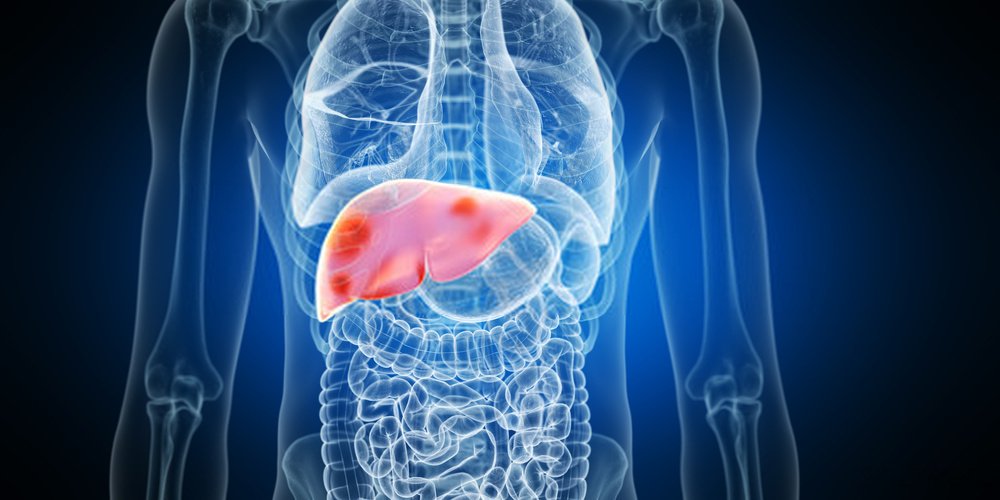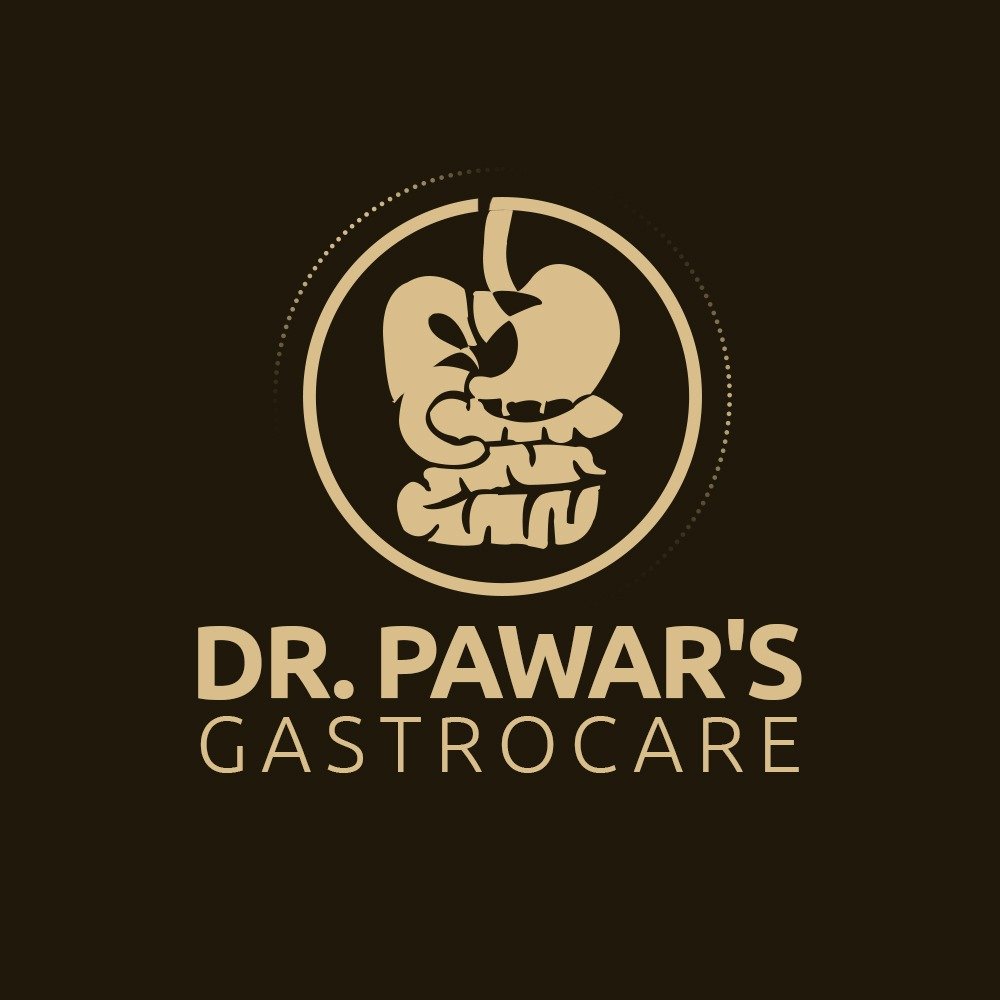PRIMARY SCLEROSING CHOLANGITIS

Primary sclerosing cholangitis or PSC is a disease that affects the bile ducts. Primary sclerosing cholangitis causes inflammation in the bile ducts. The bile ducts carry the digestive liquid called bile from the liver to the small intestine. Continuous inflammation in the bile ducts causes scars and when these scars start to build up, they start damaging the liver.
Primary sclerosing cholangitis could cause serious complications over time. The disease progresses slowly and can eventually lead to liver failure.
Symptoms
Primary sclerosing cholangitis is a slow grower and could not show signs in the early years of development.
The common symptoms include:
- Fever and Chills
- Pain in the right upper abdomen
- Fatigue
- Unintended Weight loss
- Itching
- Night sweats
- Swelled up abdomen
- Jaundice
Causes and Risk Factors
The exact cause of the disease is not known. There are various diseases that could be related to as the primary condition before causing the disease. Having inflammatory bowel disease increases the risk of getting primary sclerosing cholangitis.
Treatment
The treatment involves medication to ease the symptoms and control liver damange. There is still no specific treatment available other than a liver transplant for Primary sclerosing cholangitis. The goal of the treatment is to get relief from persisting symptoms like itching and vitamin supplementation.
The liver transplant is done in case of liver failure. However, continuous monitoring and examination is recommended after the transplant. Majority of people who go through the transplant are able to lead a normal life.
